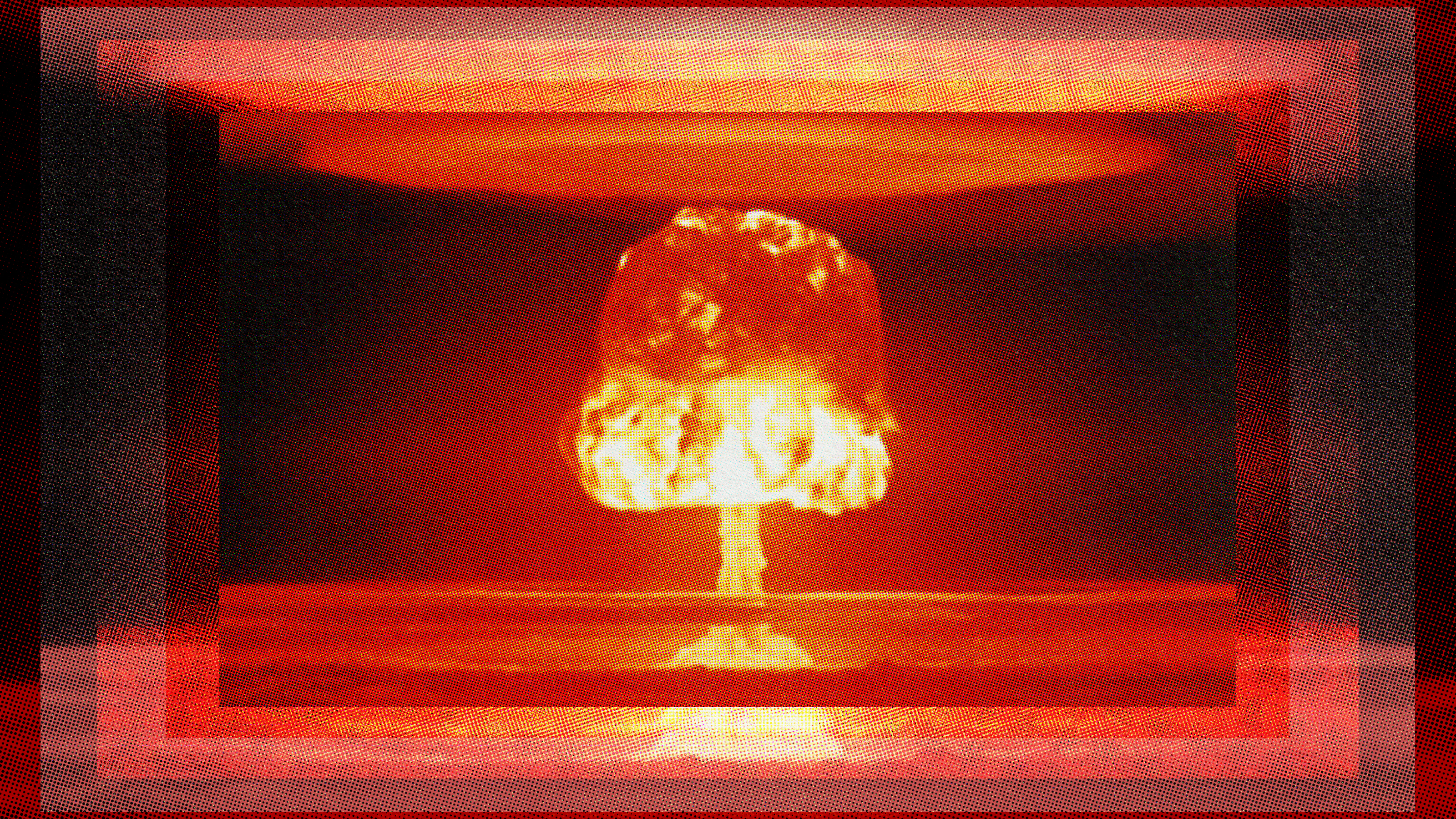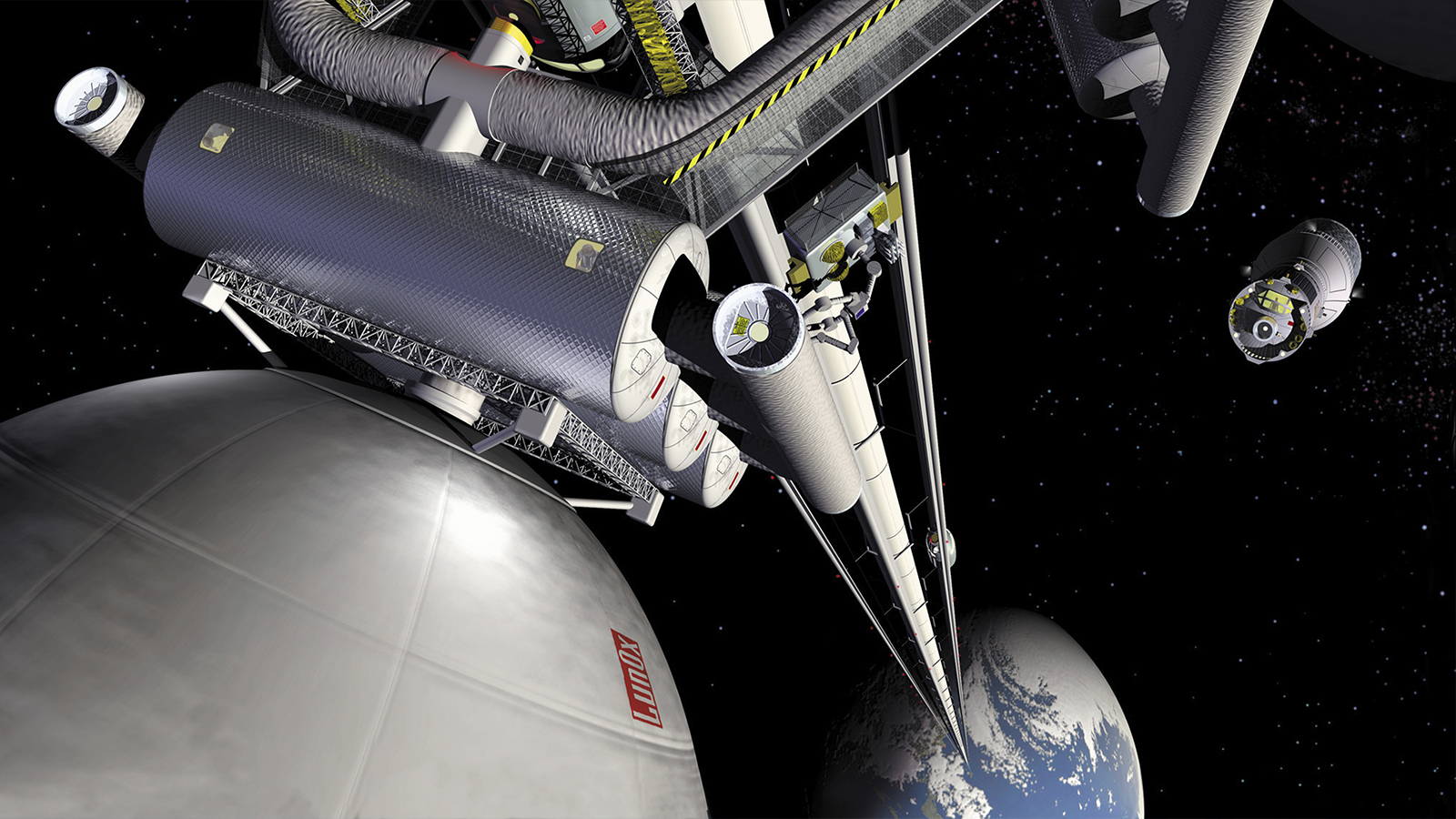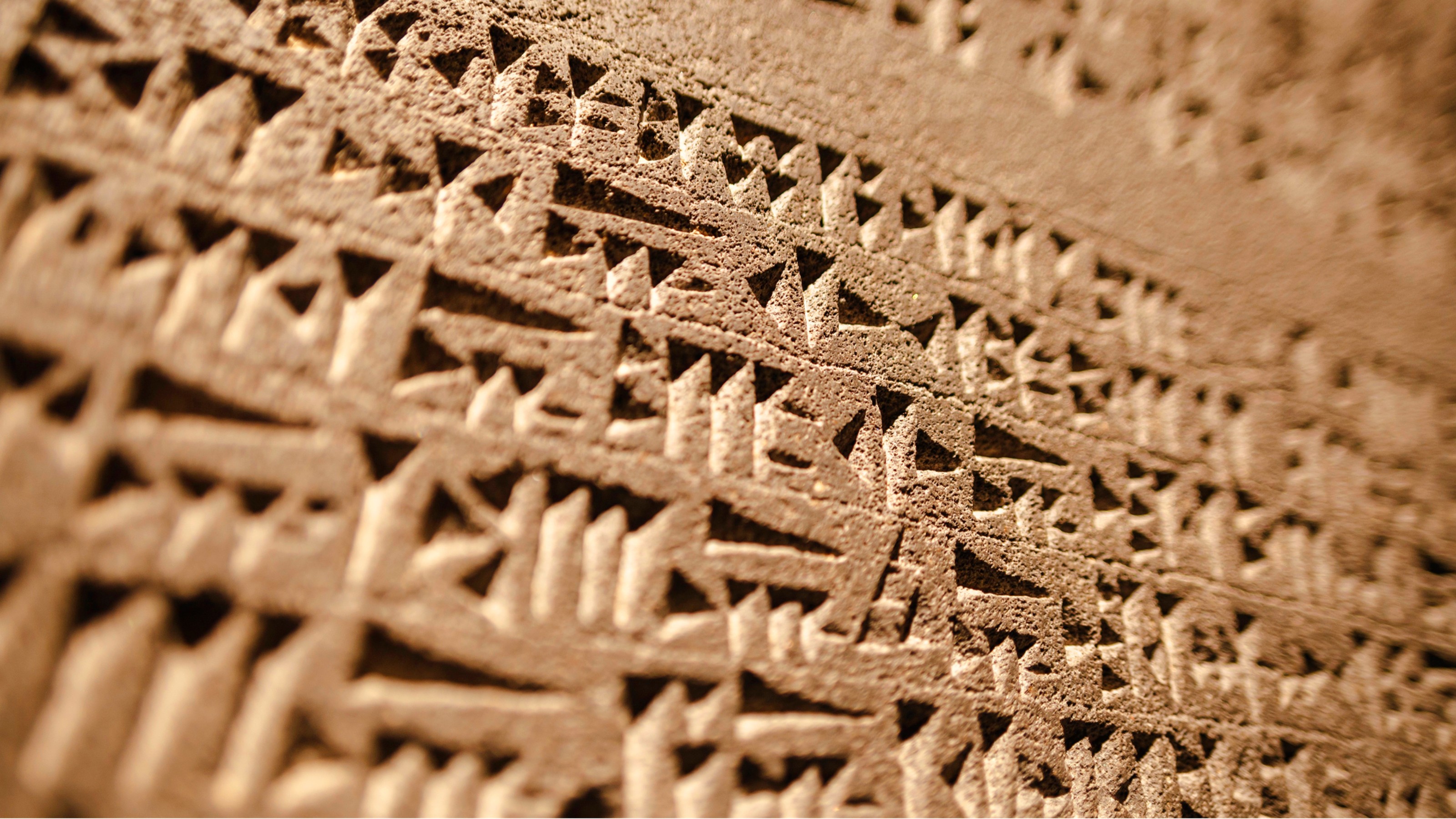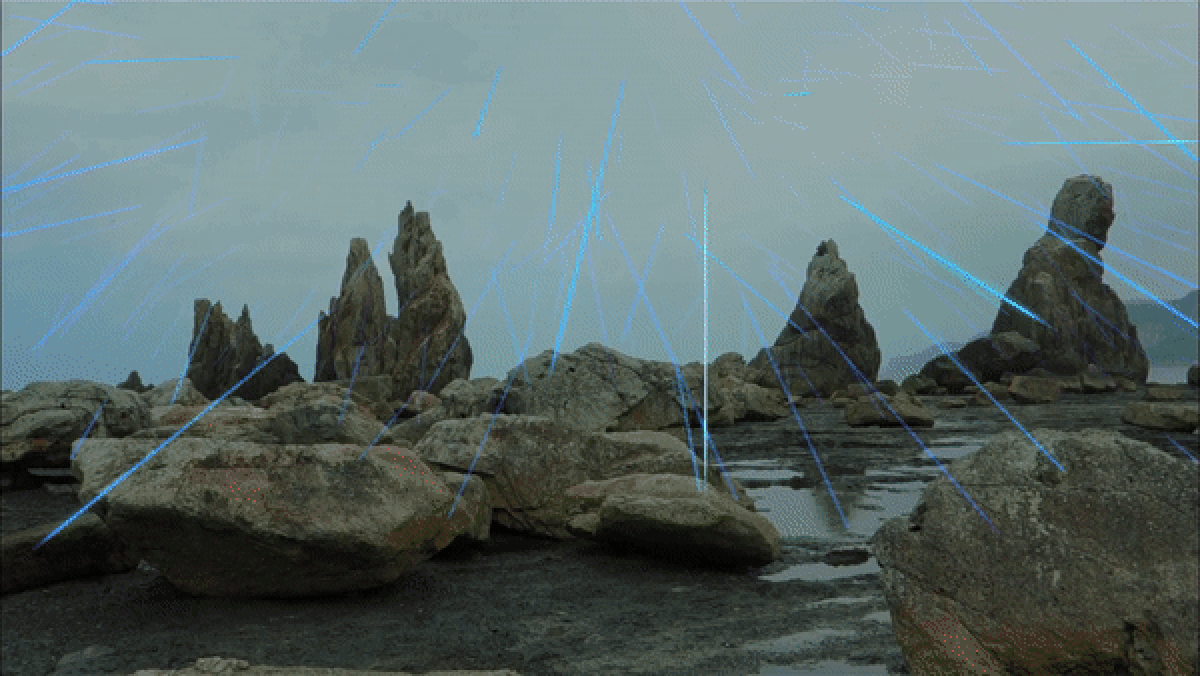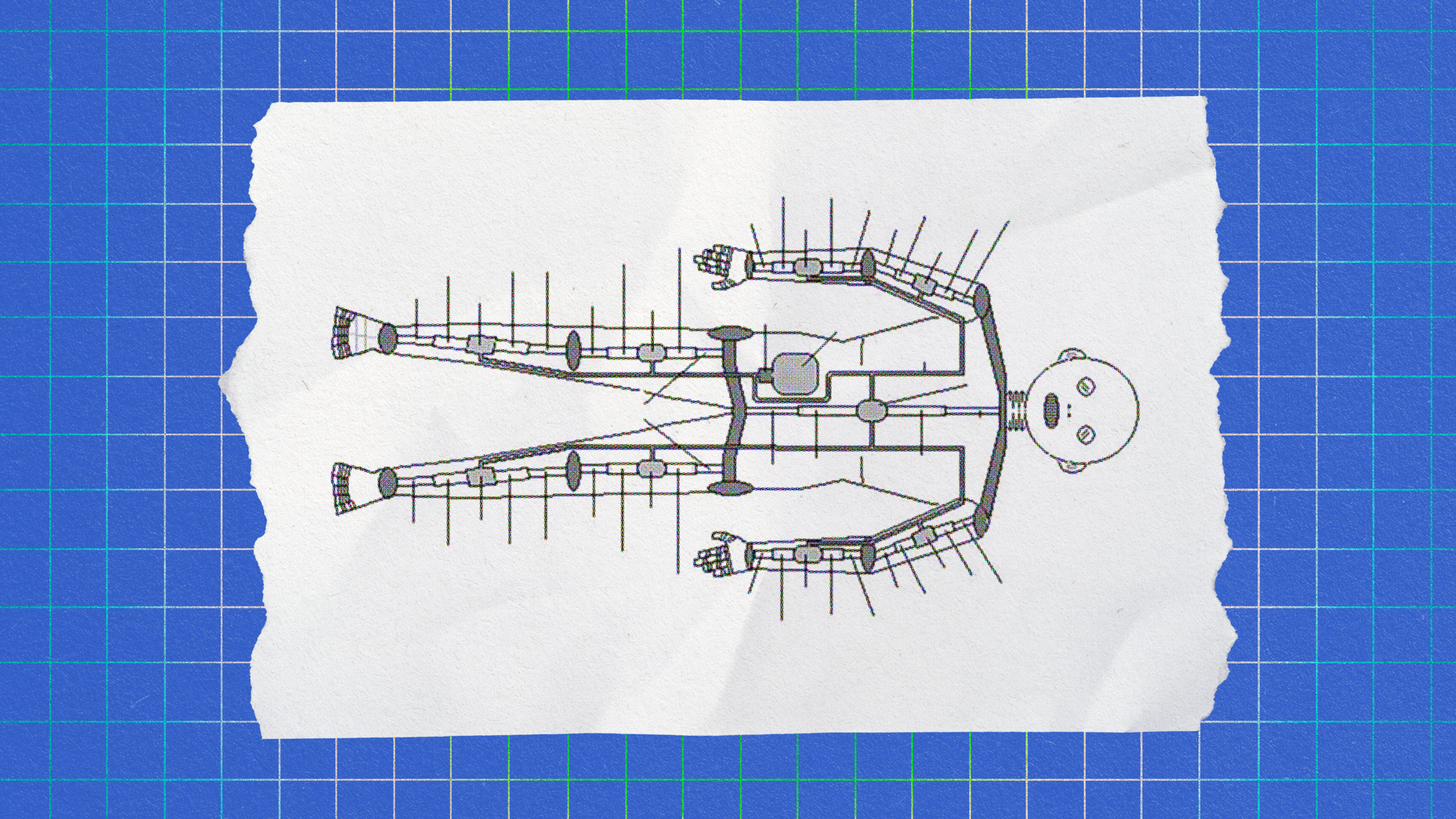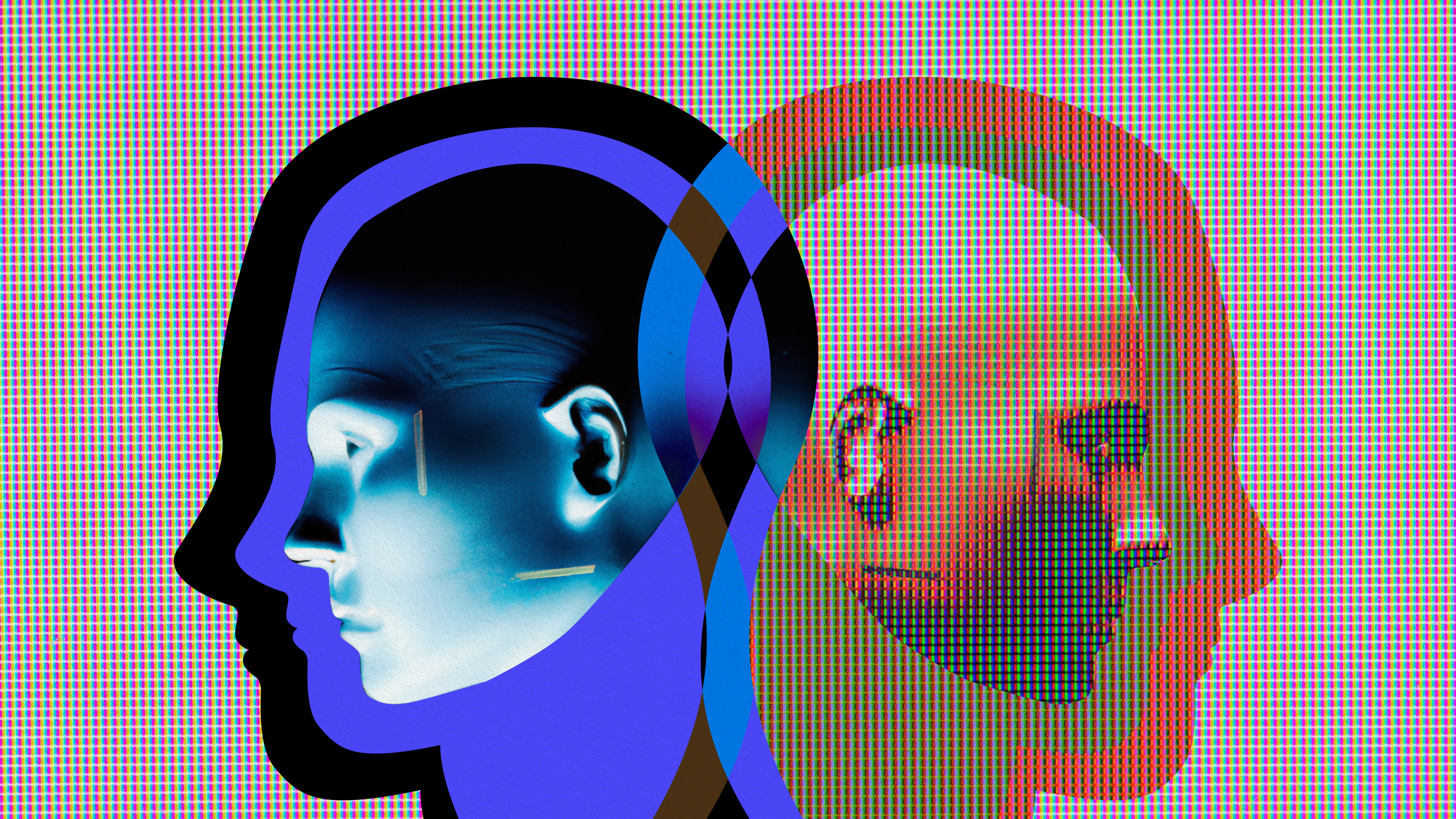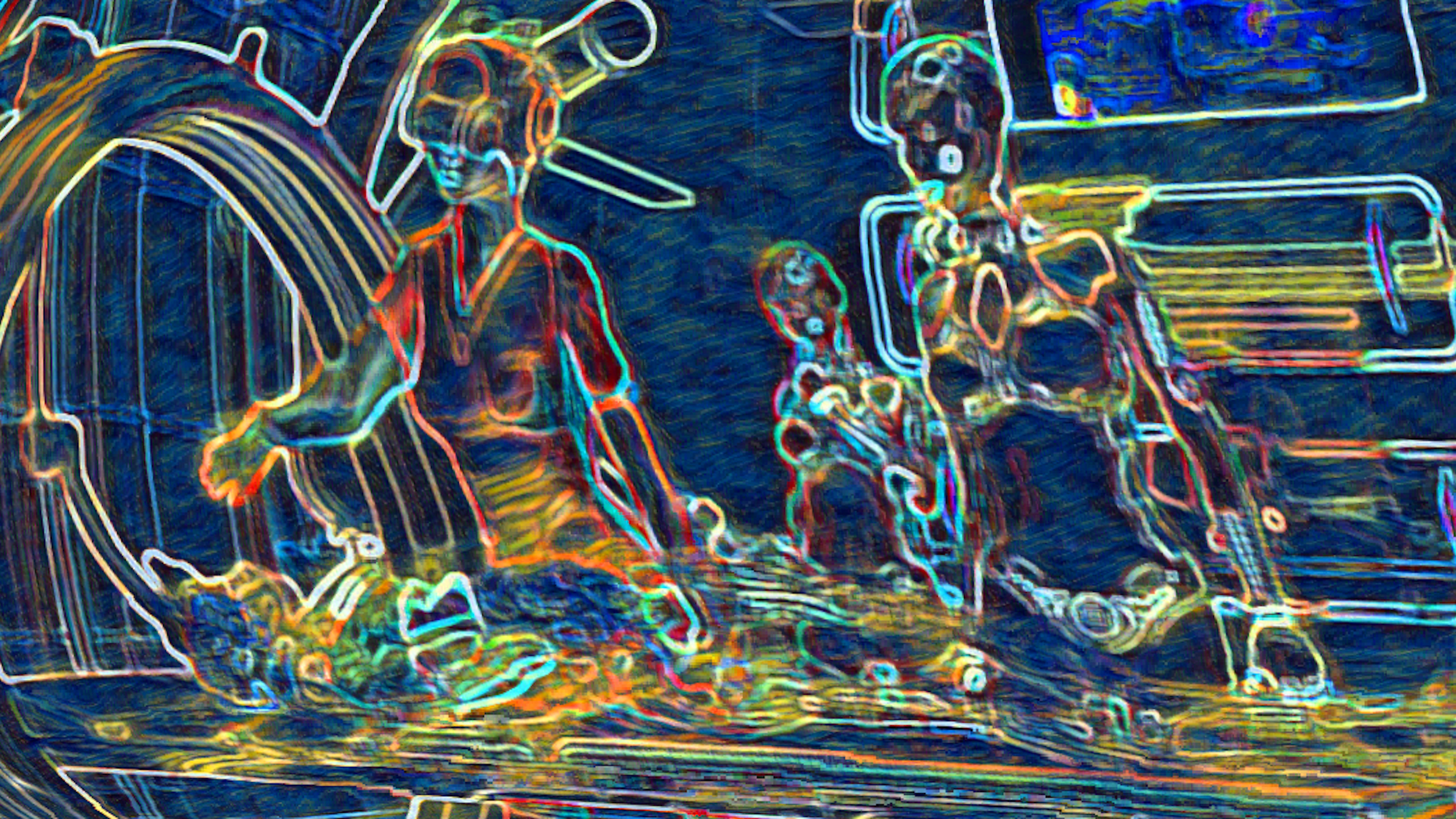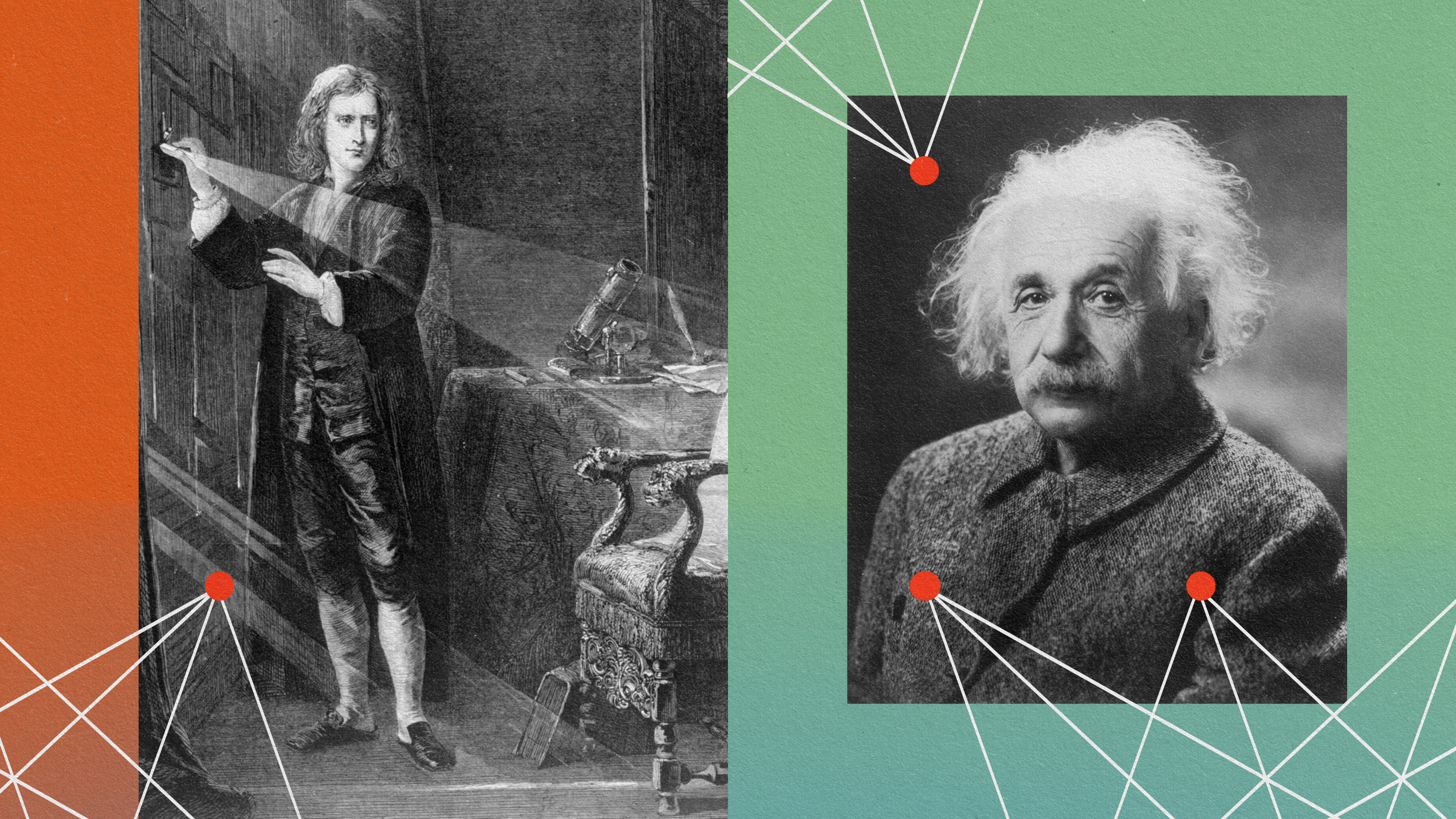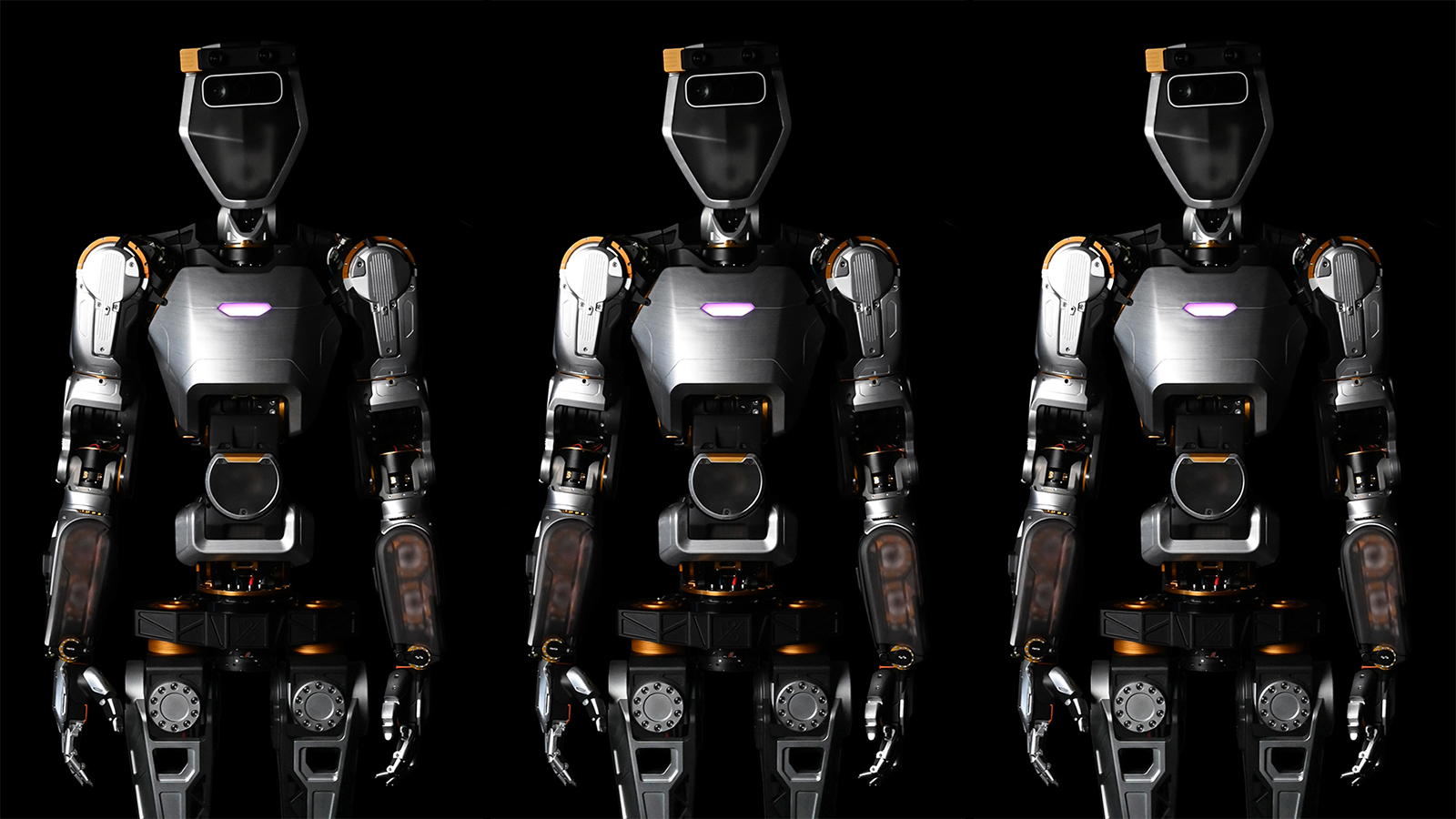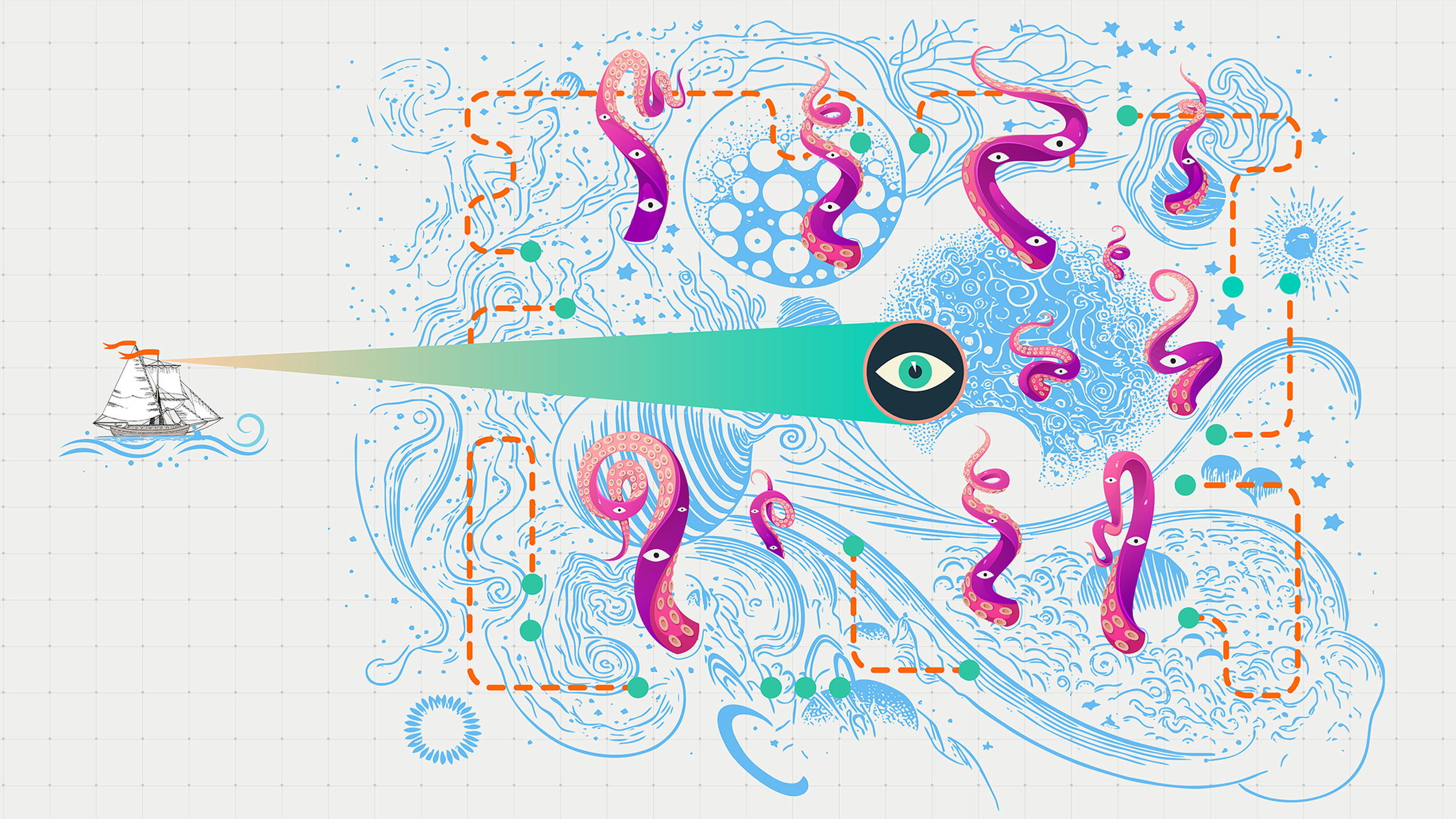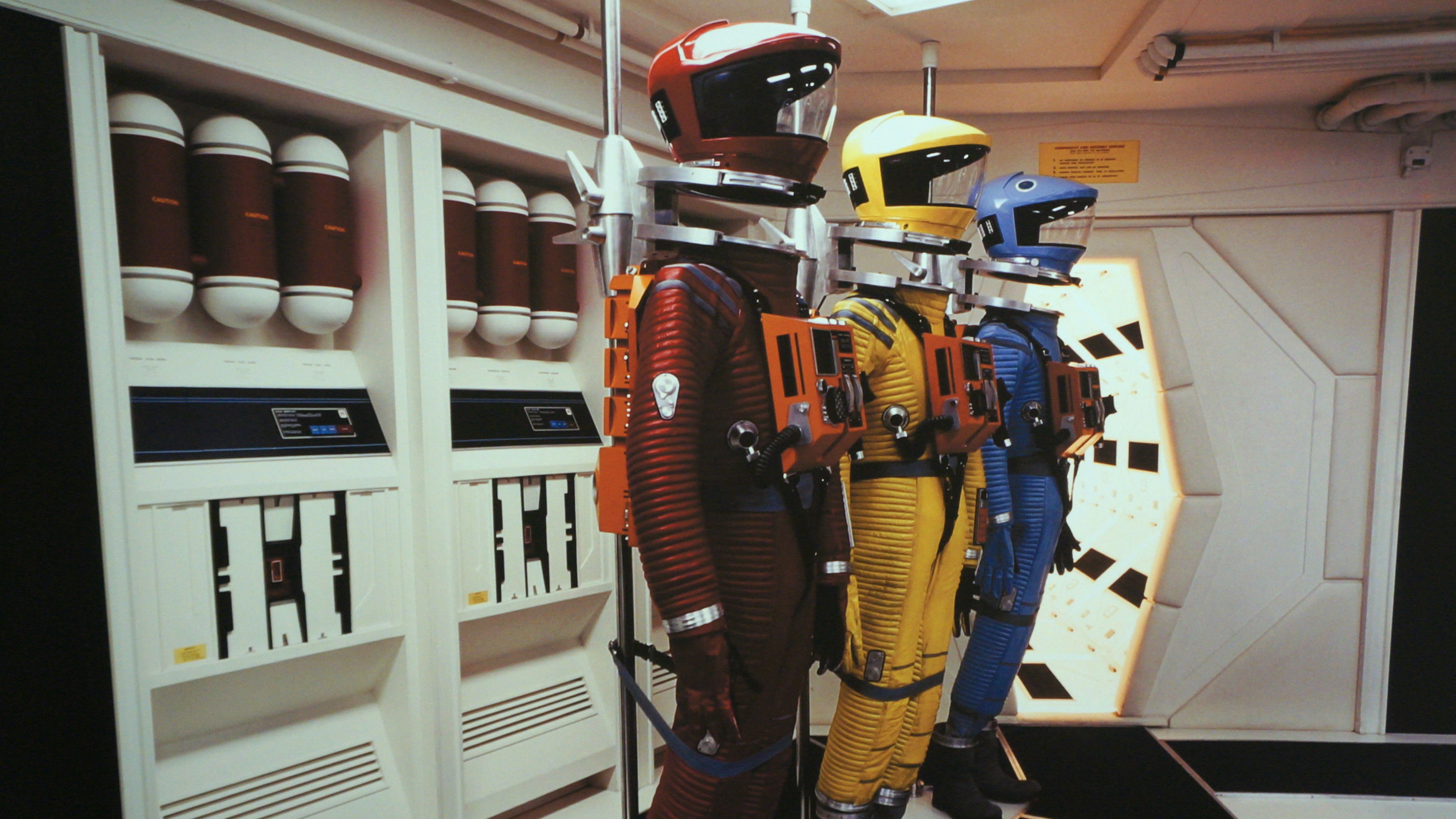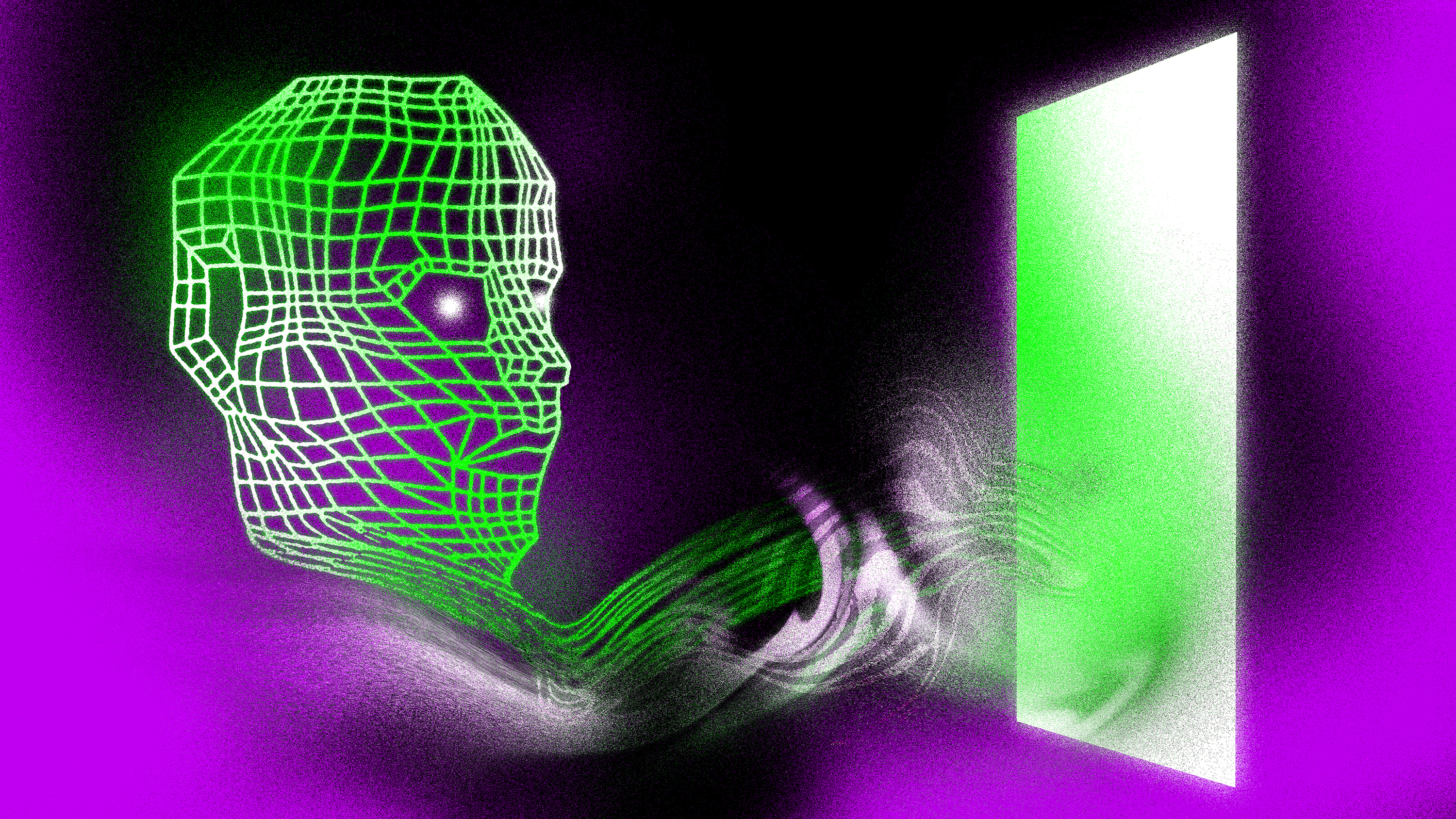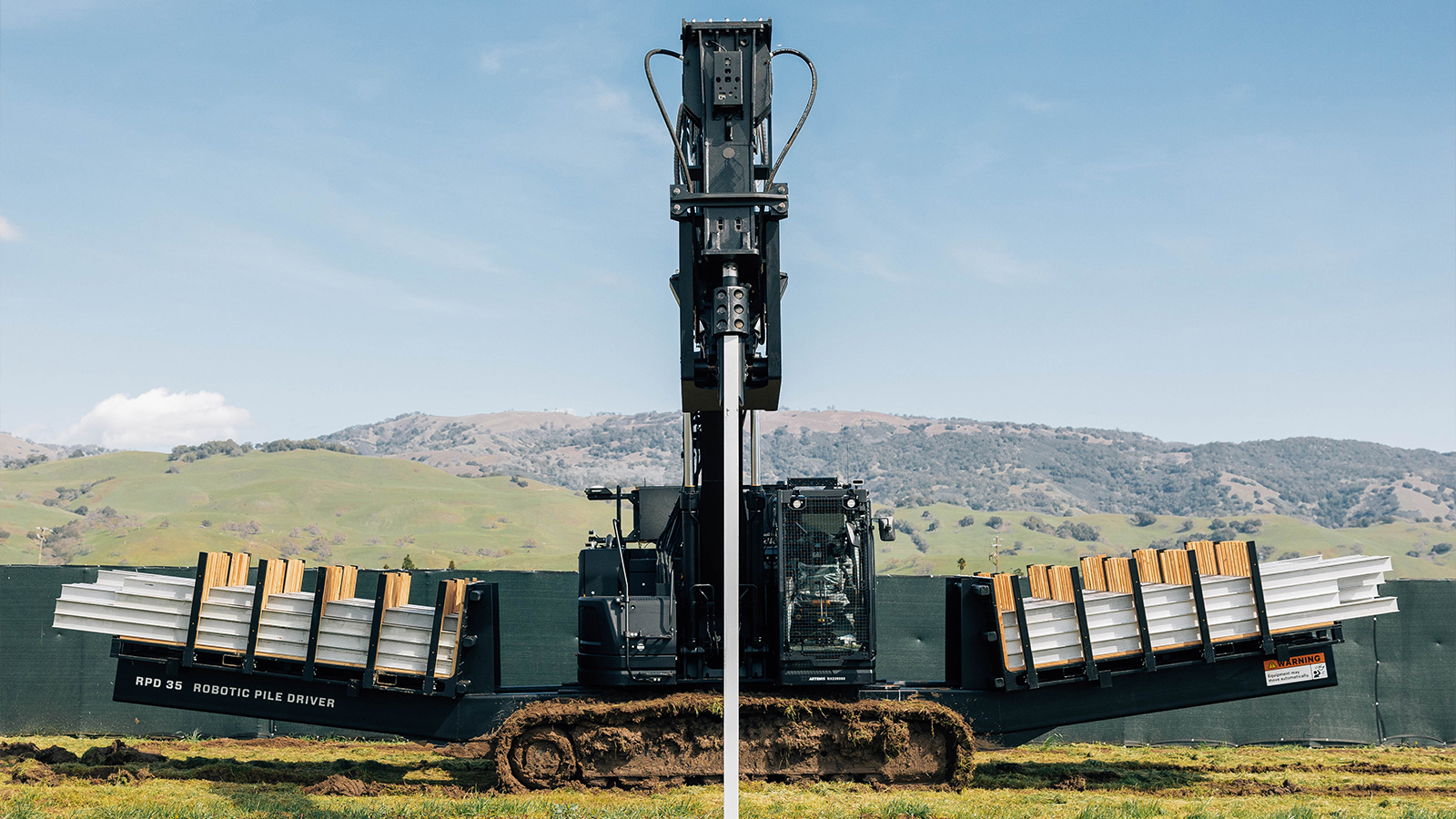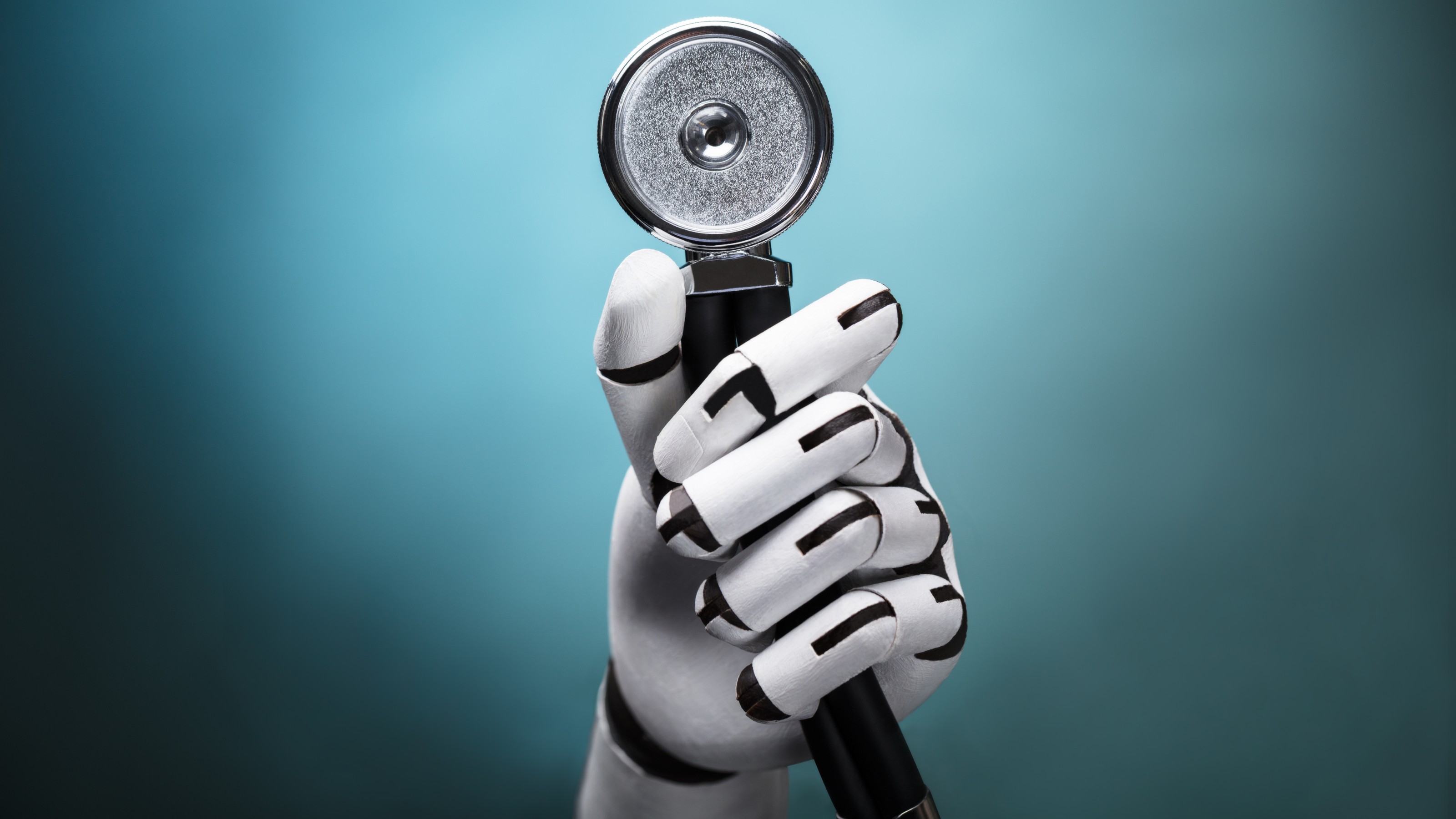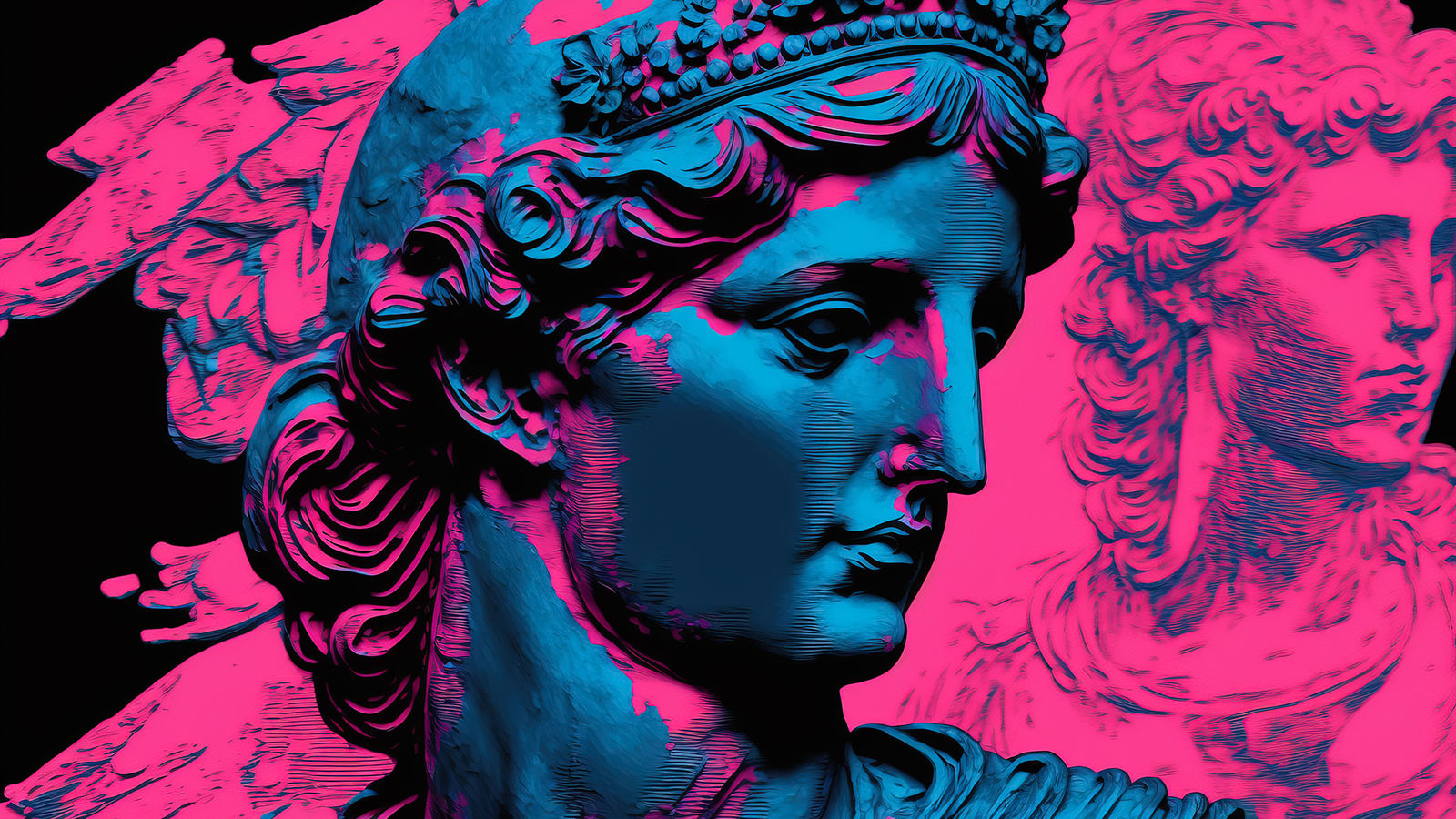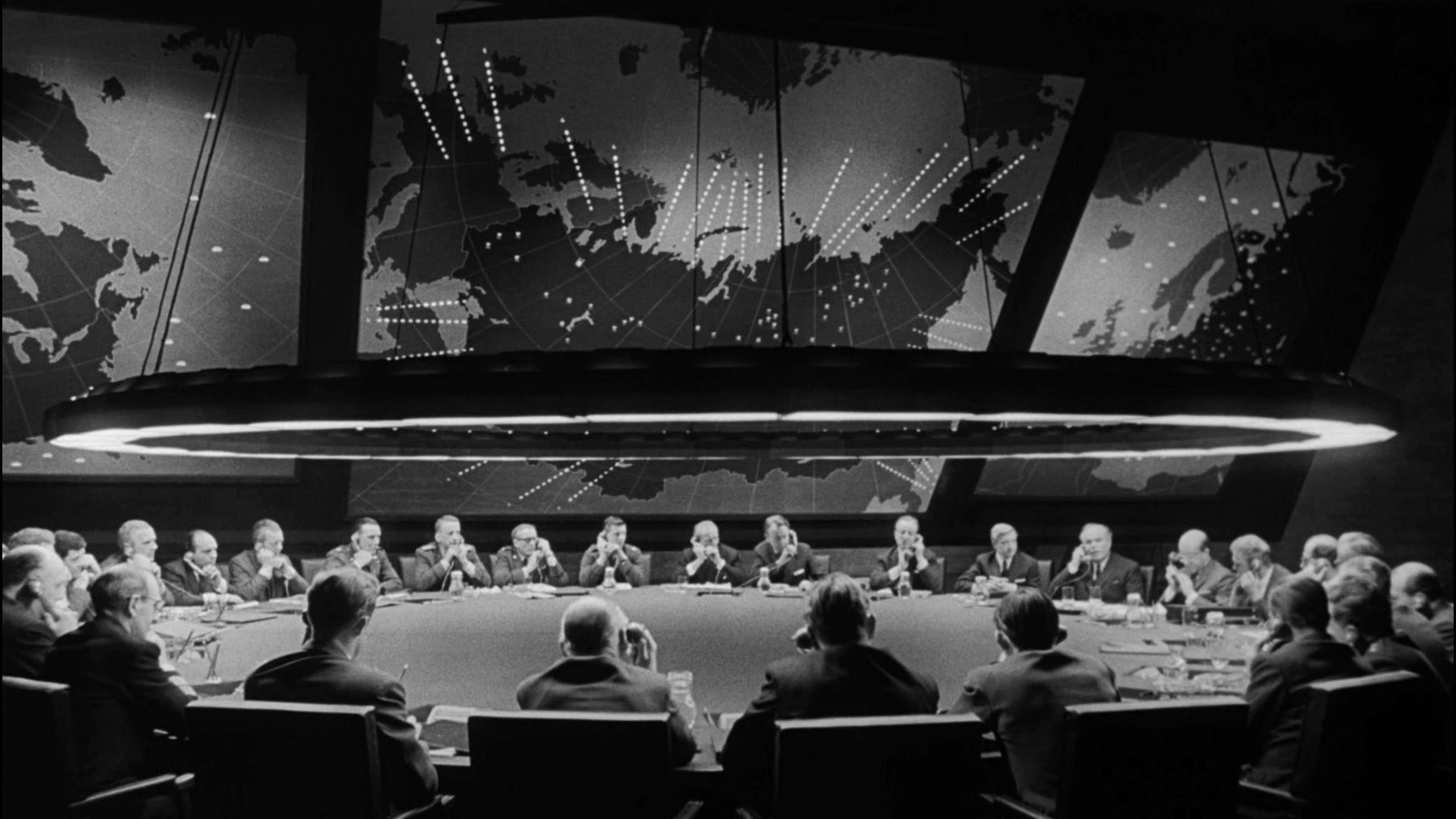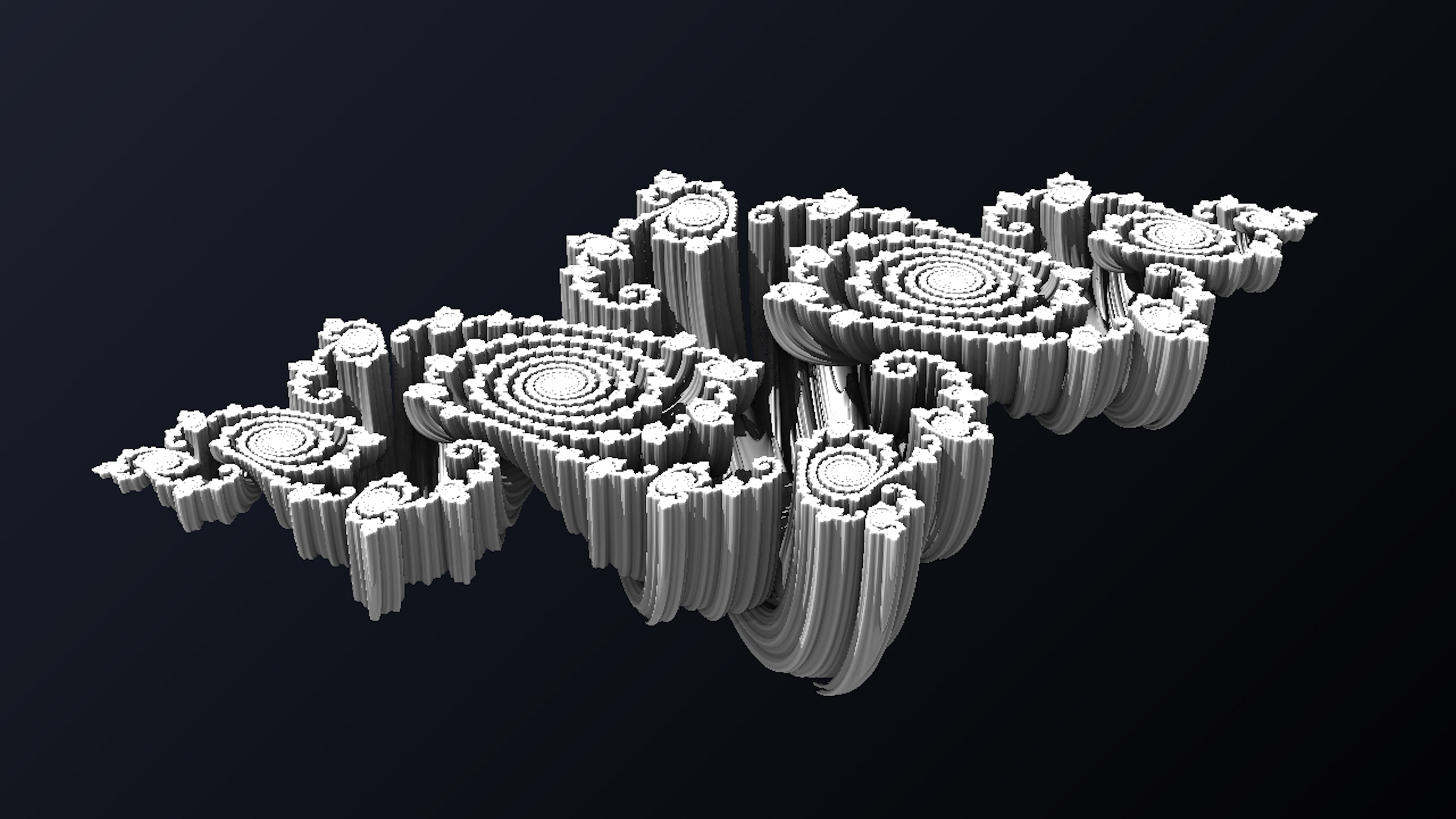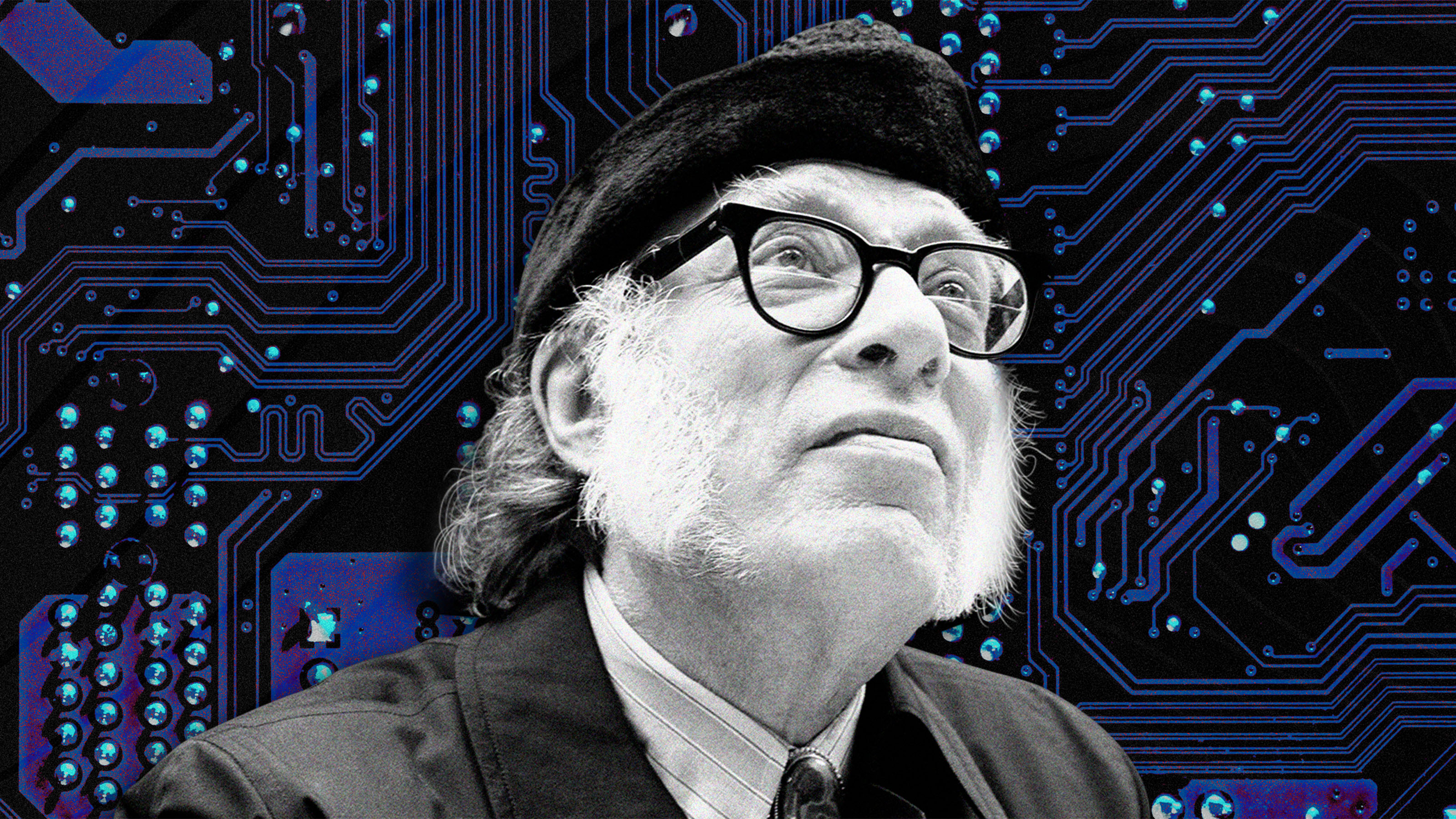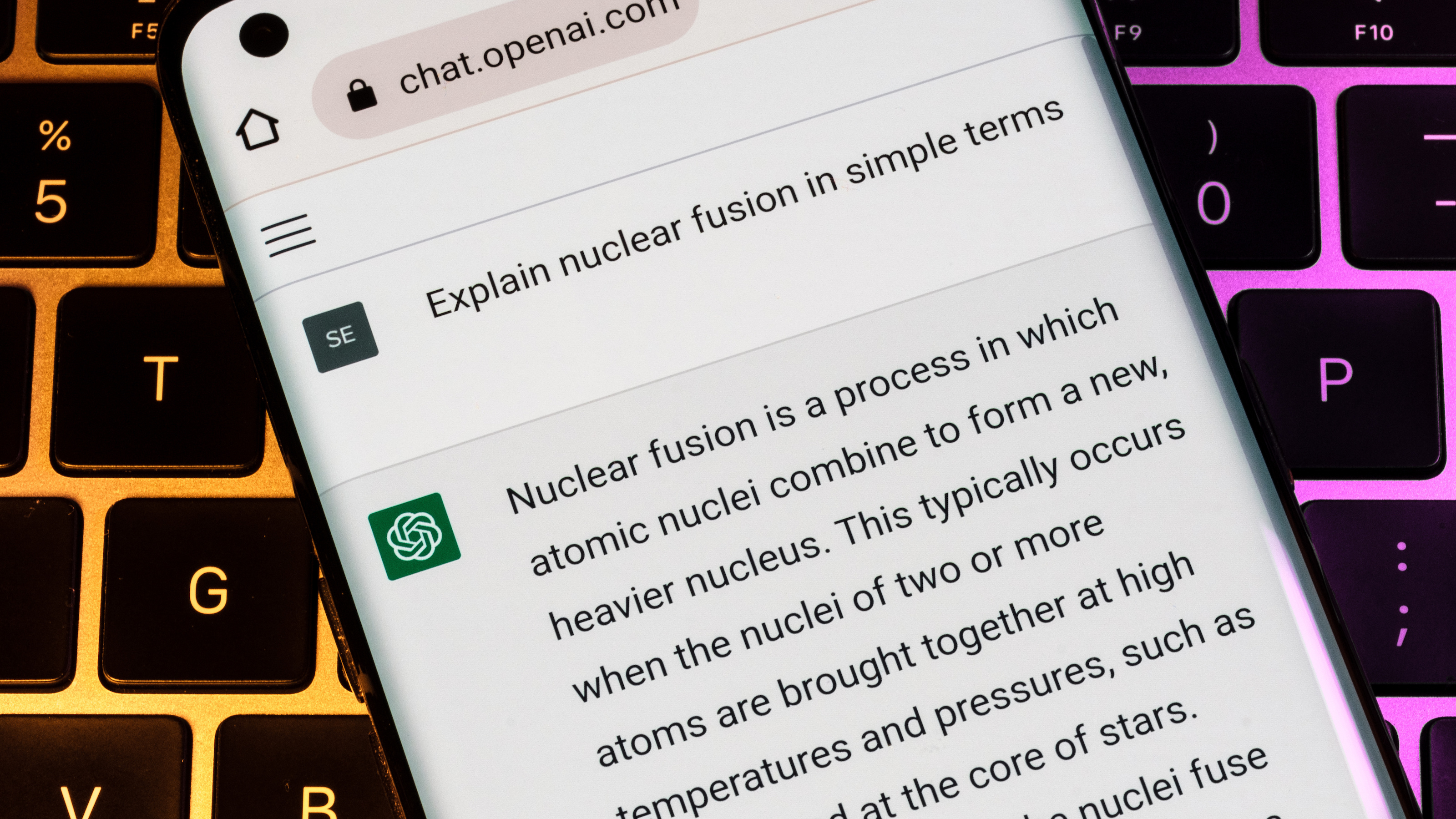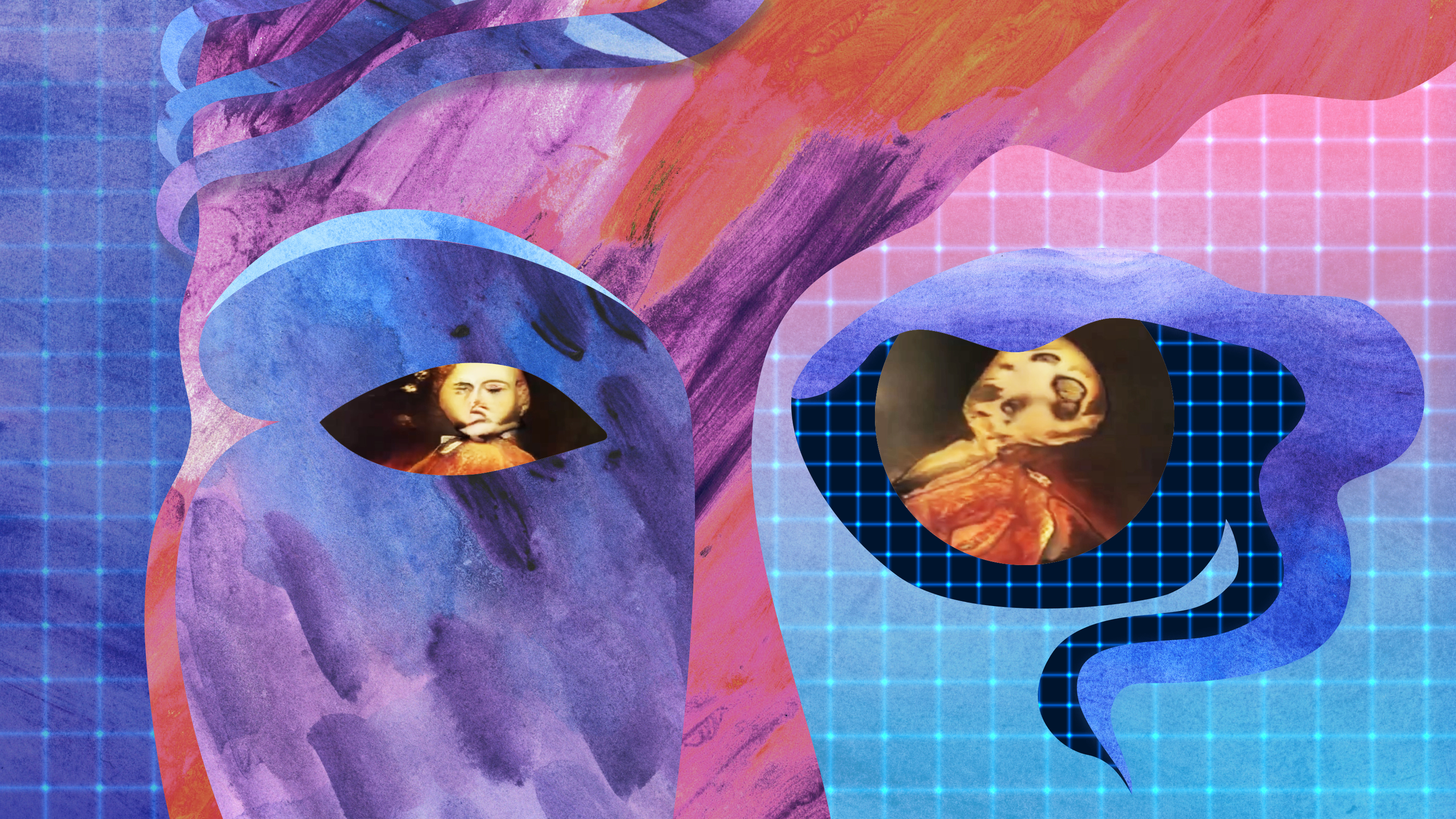The Future
All Stories
The separation of pleasure from procreation may occur throughout the cosmos, providing an explanation for the Fermi Paradox.
The biggest nuclear blast in history came courtesy of Tsar Bomba. We could make something at least 100 times more powerful.
The material is both stronger and lighter than those used to make conventional power plant turbines.
But it’s still challenging to build a 22,000-mile elevator.
It’s like combining Google Translate with a time machine.
Lost in a building or underwater? A new muon-based navigation system could be your guide.
In history, every major technological advance has been used, for good and bad.
The idea that consciousness emerges naturally alongside intelligence could be an anthropocentric distortion.
From cosmetic procedures to heart operations, the introduction of AI will create an ethical minefield.
Who’s afraid of utopia? AI doubters have cold feet. History can warm them.
A team of scientists has warned that marketers seek to advertise in our dreams. Will our sleep be commercialized against our wishes?
Named “Phoenix,” this AI-powered humanoid could be your next coworker.
While many imagine terrifying futures run by AI, Rohit Krishnan is quietly identifying real problems and solutions.
If we manage to avoid a large catastrophe, we are living at the early beginnings of human history.
Science fiction movies capture a classic human flaw: getting the future mostly wrong.
Large language models are an impressive advance in AI, but we are far away from achieving human-level capabilities.
The robot can drive heavy steal beams into the ground at a rate of 1 per 73 seconds, which will help expedite solar farm construction.
Old coal mines can be converted into “gravity batteries” by retrofitting them with equipment that raises and lowers giant piles of sand.
A panel of healthcare professionals much preferred responses that came from the chatbot in a recent study.
As the stream of AI-generated art turns into a deluge, NFTs could become a cornerstone of the Virtual Renaissance.
As AI evolves — and more robotic warfare systems are deployed — the nature of conflict could change beyond recognition.
Data scientists first gained prominence by making us click on ads — now the profession spans a multiverse.
Robots must identify themselves.
The biggest lingering question about GPT-4 isn’t if it’s going to destroy jobs or take over the world. Instead, it is this: Do we trust AI programmers to tell society what is true?
A new AI lie detector can dive into their hidden thoughts and reveal “what language models truly believe about the world.”
To what extent will our psychological vulnerabilities shape our interactions with emerging technologies?
Some would say AI is immortal and all-knowing — Godlike, even.
So far, two papers have been retracted, and a third is under investigation. Accusations of plagiarism appear convincing.
The nature of civilizational threats has changed in a mere decade.

